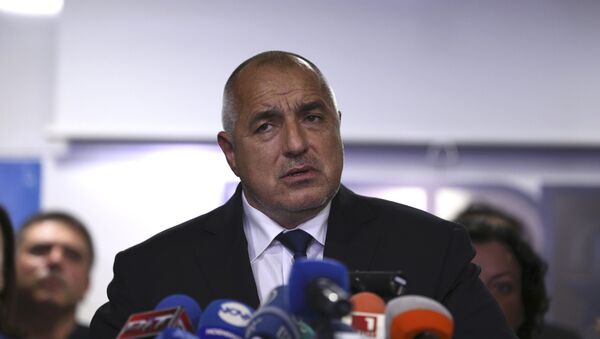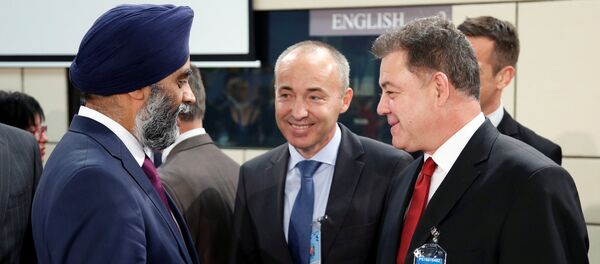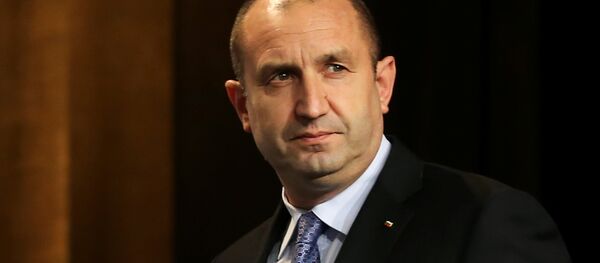Borissov, who steps down as the country's prime minister following his party’s candidate defeat in November presidential elections, stressed that he did not want to form a new government within the current National Assembly and sought early parliamentary elections, the Sofia Globe newspaper reported.
In accordance with the Bulgarian constitution, following the government resignation the president should offer a mandate to form a new government to the largest party.
The procedure will continue by offering a mandate to the second largest party, namely, the Bulgarian Socialist Party, which is likely to refuse as well, according to the newspaper. In case of the second refusal, the president is to choose the party to offer a mandate by himself. If no party accepts the mandate after three rounds of offers, Plevneliev will have to appoint a caretaker cabinet, while the new president will set the date for early parliamentary elections.
On November 14, the government tendered its resignation, a day after Tsetska Tsacheva, National Assembly’s speaker and presidential candidate from Borissov’s party, was defeated in the presidential elections by Socialist Roumen Radev. Bulgaria’s parliament backed the resignation on November 16.
Radev, a former air force commander and an independent backed by the Socialist Party, prompted the prime minister’s coalition government to step down. Radev is considered to have pro-Russian position.
The National Assembly announced that Borissov’s cabinet would continue performing its duties during the transition period.




